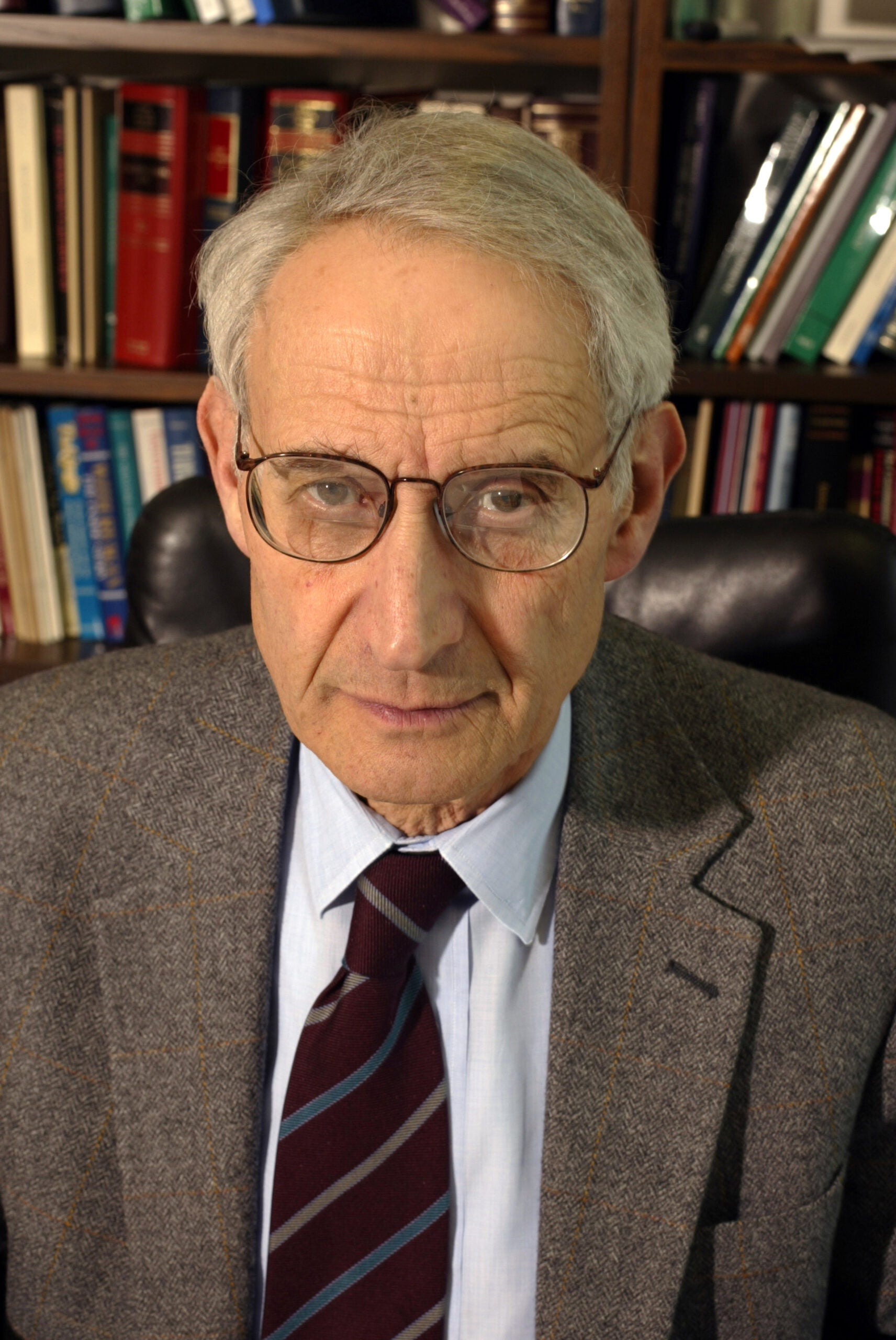The following op-ed, The limits of law, written by HLS Professor Charles Fried, was published in The Boston Globe on October 23, 2007.
Jack Goldsmith’s recent book, “The Terror Presidency,” has much to teach us. Goldsmith rehearses at length the departures from constitutional constraints by Abraham Lincoln and FDR when both were faced with circumstances that threatened catastrophe: in Lincoln’s case for the nation, in Roosevelt’s for mankind. Both “did what they had to do” and no one but a fool or pedant would today fault them for having done it. Soon after these actions were taken, they were acknowledged as bold and necessary.
Contrast that with the widespread reaction to President Bush’s actions in respect to electronic surveillance, detention of hostile combatants, their rendition to countries and regimes less scrupulous than ours, and harsh interrogation techniques.
Lincoln justified himself to Congress in respect to his suspension of habeas corpus with the cry: “Are all the laws, but one, to go unexecuted, and the government itself to go to pieces, lest that one be violated?” And consider Korematsu, the infamous Japanese exclusion case. In December 1944, the majority of the Supreme Court endorsed not only the 1942 order confining persons of Japanese ancestry in detention camps, but Korematsu’s conviction for violating it. Justices Frank Murphy and Owen Roberts condemned both. Justice Robert Jackson was ambivalent in his dissent: “It would be impracticable and dangerous idealism to expect or insist that each specific military command in an area of probable operations will conform to conventional tests of constitutionality. When an area is so beset that it must be put under military control at all, the paramount consideration is that its measures be successful rather than legal. A military commander may overstep the bounds of constitutionality, and it is an incident. But if we review and approve, that passing incident becomes the doctrine of the Constitution.”
Today, one would probably not get away with Jackson’s equivocation. There would be independent counsel prosecutions, congressional investigation, civil lawsuits, imprisonment, and maybe even impeachment of failed politicians.
This perplexity should not diminish our devotion to the rule of law, but it does drive us back to Aristotle: “In everything the wise man does not seek greater precision than the subject allows.” Are we not operating at the margins of the very concept of law – that is what I take Lincoln’s rhetorical question to imply. Aristotle continues: “What creates the problem is that the reasonable [epieikes] is not the legally just, but a correction of legal justice. . . . Where the legislator has erred by oversimplicity, it is right to correct the omission. . . . And this is the nature of the reasonable . . . .”
I think of the cases that trouble us today as the extreme tails of a normal distribution. There are instances that are within the law’s scope, but are so trivial that it passes all reason to extend the law to them. The impeachment, only the second in our history, of President Clinton for his perjury about his relation to Monica Lewinsky was like that. Roosevelt, Lincoln, and probably Bush were operating at the other extreme end of the normal distribution.
And how are we to tell when we are at those tails? To ask for a formula is to (re)commit the error that Aristotle warned against. It is a matter of prudence and reasonableness. One of the horrors of the Independent Counsel mentality was that discretion, the correction of the legal by the reasonable, has became almost impossible. Every incident becomes a precedent. And what was tragedy in Watergate and Iran-Contra became farce in the Lewinsky affair.
What must happen if we are not to have an endless Oresteain cycle of investigations and prosecutions with each shift in power is a return to a politics of reasonableness. Lincoln famously reported to Congress and sought legitimating legislation, although he did not get it until 1863, while over 13,000 assorted rebels, Copperheads, and nuisances languished in detention. Roosevelt had another strategy. As Jack Goldsmith points out, he appointed two prominent Republicans to his Cabinet. He talked, manipulated, argued, and persuaded his opponents, the doubters in Congress, and the public in general.
And in the end Lincoln and Roosevelt were lucky. They chose their transgressions – if transgressions they were – well and sparingly. They did not seek to provoke – only to succeed. In fairly short order, it became obvious that they were right. Bush, through a combination of bad judgment, bad advice, and bad luck, had made the case for discretion and reasonableness disreputable. To paraphrase St. Paul: judgment, advice, and luck, and of these three, luck may be the greatest.
Charles Fried teaches constitutional law at Harvard Law School. His most recent book is “Modern Liberty and the Limits of Government.”
